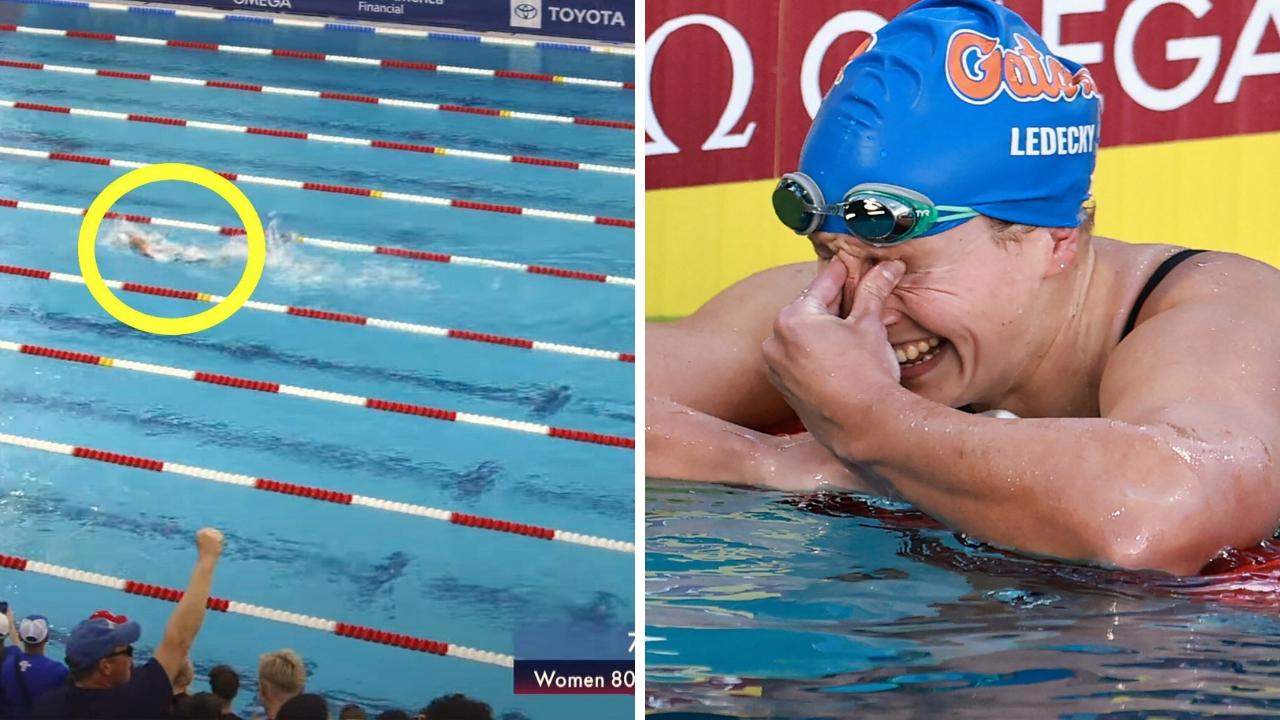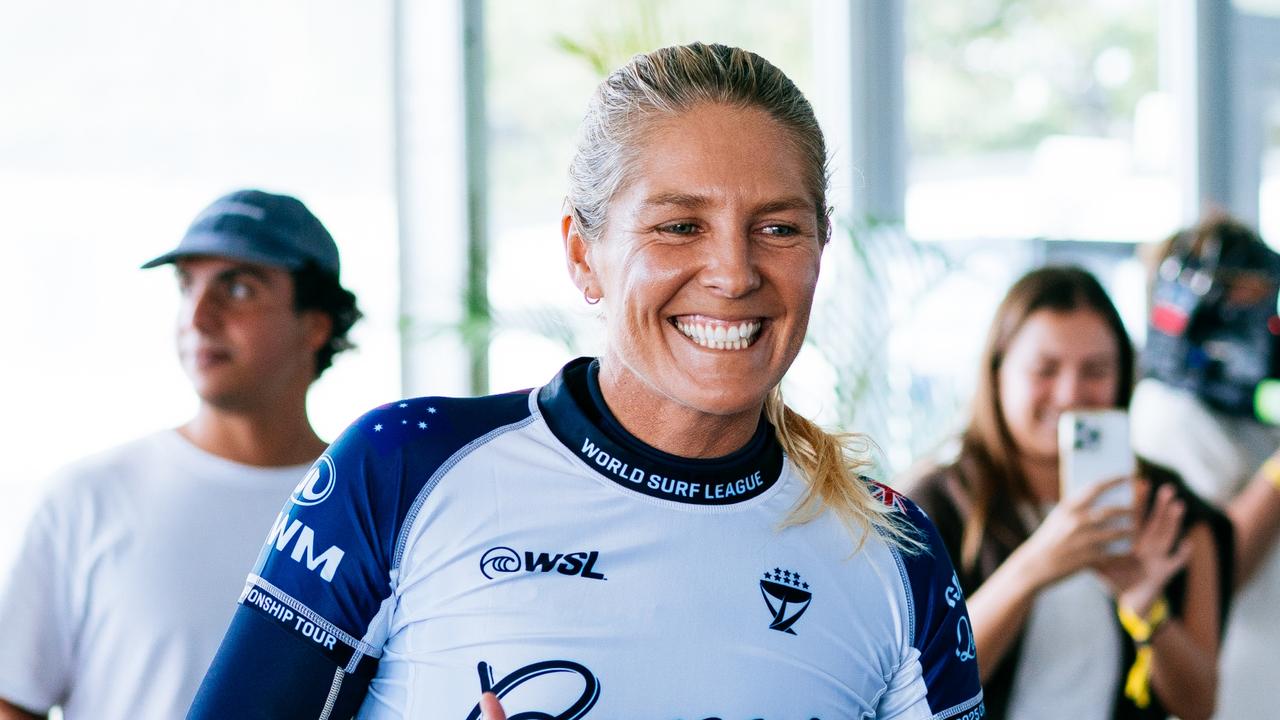Sex discrimination crusader says Aussie sports need to protect women better
The most powerful woman in Australian sports, says she ‘wasn’t surprised’ after reading the abuse allegations against a former Olympic coach, but Kate Jenkins admits it still struck a nerve.
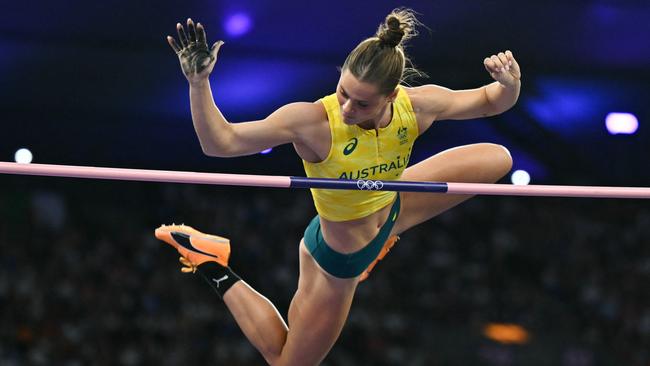
Other Sports
Don't miss out on the headlines from Other Sports. Followed categories will be added to My News.
After a lifetime dedicated to redressing, and trying to end, the shameful mistreatment of all Australian women, Kate Jenkins wasn’t at all surprised when she read about Nina Kennedy’s harrowing claims of abuse within athletics.
As the former Australian Sex Discrimination Commissioner, she’s heard those heartbreaking recounts before, but Kennedy’s outpouring still struck a nerve.
Jenkins was deeply distressed by the shocking reports revealed in The Australian.
And she was saddened. And angry as well.
But, above all, she was full of admiration for Kennedy, the Paris Olympic gold medallist in pole vault, and all the other brave survivors who keep speaking up, because she recognises why they feel compelled to go public about their own deeply personal and painful experiences.
“It’s because they do not want this to happen to anyone else,” Jenkins said.
“They obviously need care and support and they need to be able to exercise their rights, but uniformly, my experience when I’ve done pieces of work has generally been ‘I’m not doing this because I want the spotlight on me. I’m doing this because I don’t want it to happen again.’”
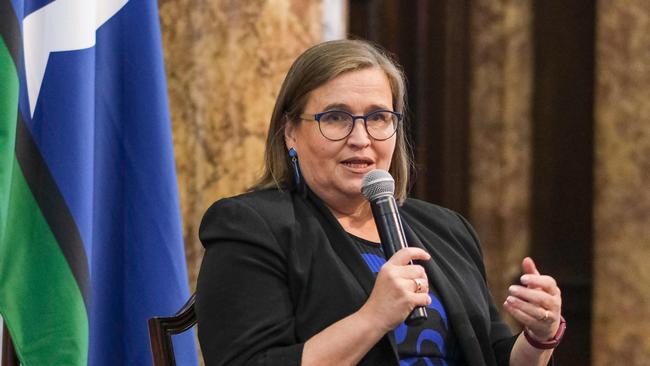
As the new chair of the Australian Sports Commission (ASC), Jenkins is arguably the most powerful woman in Australian sport right now. It’s a fancy title but it comes with some clout.
When she talks, Australia’s sports leaders tune in and pay attention because her responsibilities have wider ramifications to the entire sector, from community level to high-performance.
Always front and centre when there’s good news to share, sports administrators have sometimes been accused of ducking for cover when the proverbial hits the fan, as it has now.
But Jenkins says Kennedy’s awful allegations are the reason why Australians need to have these difficult conversations, and to acknowledge that more needs to be done to better safeguard and protect women and children in sport.
“It is so devastating to hear the stories of harm of athletes,” said Jenkins, whose previous investigations into sexual harassment have exposed serious problems in parliament, universities, police and the defence forces, as well as sport.
“We spend a lot of time talking about the joy of sport, but the harms, particularly at that elite level, and the power and control that coaches have over the experience of athletes. It’s really important for us to hear about.
“Every time you hear these stories, for me it creates sadness, but also an element of anger and rage, which I quickly turn into ‘what can I do to make a difference?
“I wasn’t surprised, but I think a lot of people will be. And I think it is really important that people understand sport is not all good news, that there are disappointing things that have happened over time.”
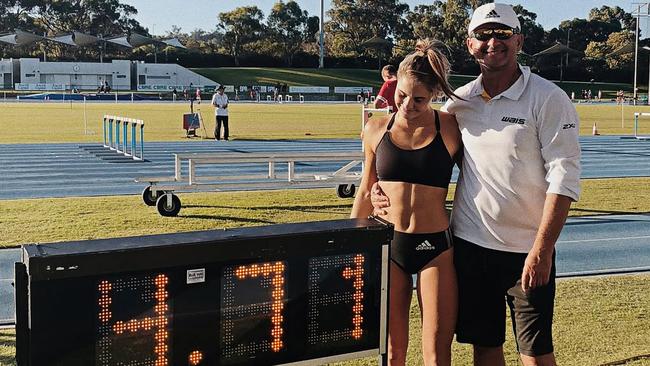
The shocking allegations that pole vault coach Alex Parnov preyed on some of Australia’s best young female athletes during his two decades working at the Western Australian Institute of Sport (WAIS) are a brutal reminder of the dark secrets that exist.
For all the chest-thumping that takes place whenever Aussies win at sport, there have been a series of disturbing public exposures in recent years – in gymnastics, swimming, hockey, football and figure skating as well as other sports – that have led to historic apologies and major reforms, including greater transparency.
But the constant complaint that’s still being made against taxpayer sporting bodies is that they aren’t doing enough in the wellbeing space.
Jenkins agrees, but says that doesn’t mean nothing is happening. On the contrary, she says there’s a lot of important work taking place but it’s ongoing and policy makers are having to learn on the run.
“I think we’re still trying to quantify how widespread it is,” she said.
“How common is it in sport? It’s absolutely a risk in sport.
“There’s absolutely a risk of abuse across many industries so we’re not the only industry but we are such an influential, important industry that both need to do better, but also when we do better will also influence the broader community.”
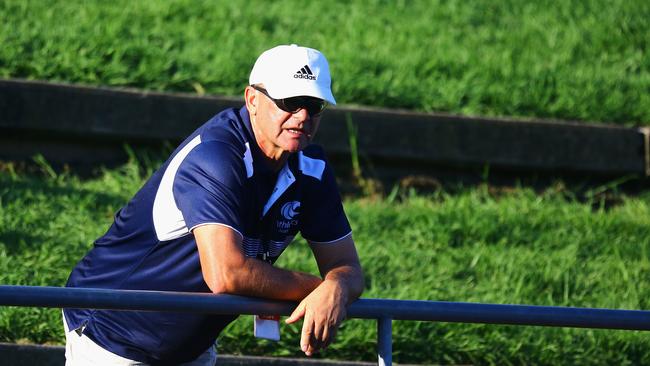
Sport Integrity Australia (SIA) was established in 2020 when the government decided to bring the Australian Sports Anti-Doping Authority, the National Integrity of Sport Unit and the national integrity programs under one roof.
The creation of SIA coincided with the Athlete A abuse scandal in the US, which in turn led to gymnasts in Australia coming forward and an investigation, overseen by Jenkins, that revealed young Australian gymnasts, mostly girls, were molested, abused and bullied for decades by the same people who were supposed to protect them.
“We’ve got a legacy of harm that we need to accept and face into,” Jenkins said.
“Some people will say this is still not enough and it’s not fast enough. I’d say where we are now is we are better.
“I think the Royal Commission into Institutional child sex abuse put a spotlight on child safety. But a lot of those systems, the policies, getting more female coaches, more diversity through the system, more training, that is really in the infancy in some of the implementations.
“I would say more needs to be done. We need evidence on what the things are that work, but also that we’re not at ground zero.
“We are really a few years down the track of some programs that have been established that have been funded. It might be they need to be more funded. I absolutely accept any athlete saying more needs to be done, particularly anyone who’s had a poor experience.”
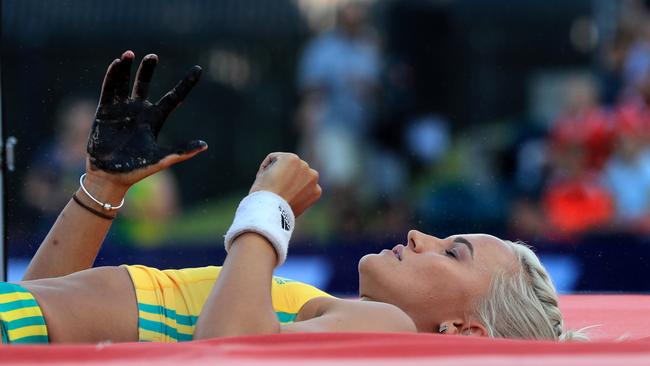
The federal sports minister Anika Wells was in full agreement.
“I thank the athletes for using their voice and showing courage to speak out. All Australians have a right to feel safe in sport,” Wells said.
“The need to create safer environments for athletes is also why I appointed Kate Jenkins as Australian Sports Commission Chair.”
Olympic swimming legend Kieren Perkins, the current chief executive of the ASC, said the commission had already put in place a number of key support and prevention measures, but Kennedy’s shocking revelations were a reminder that more needs to be done.
“Hearing the stories of these brave athletes, and living through my own experiences, is all the motivation I need to keep fixing the ASC’s culture and the culture across Australian sport,” he said.




